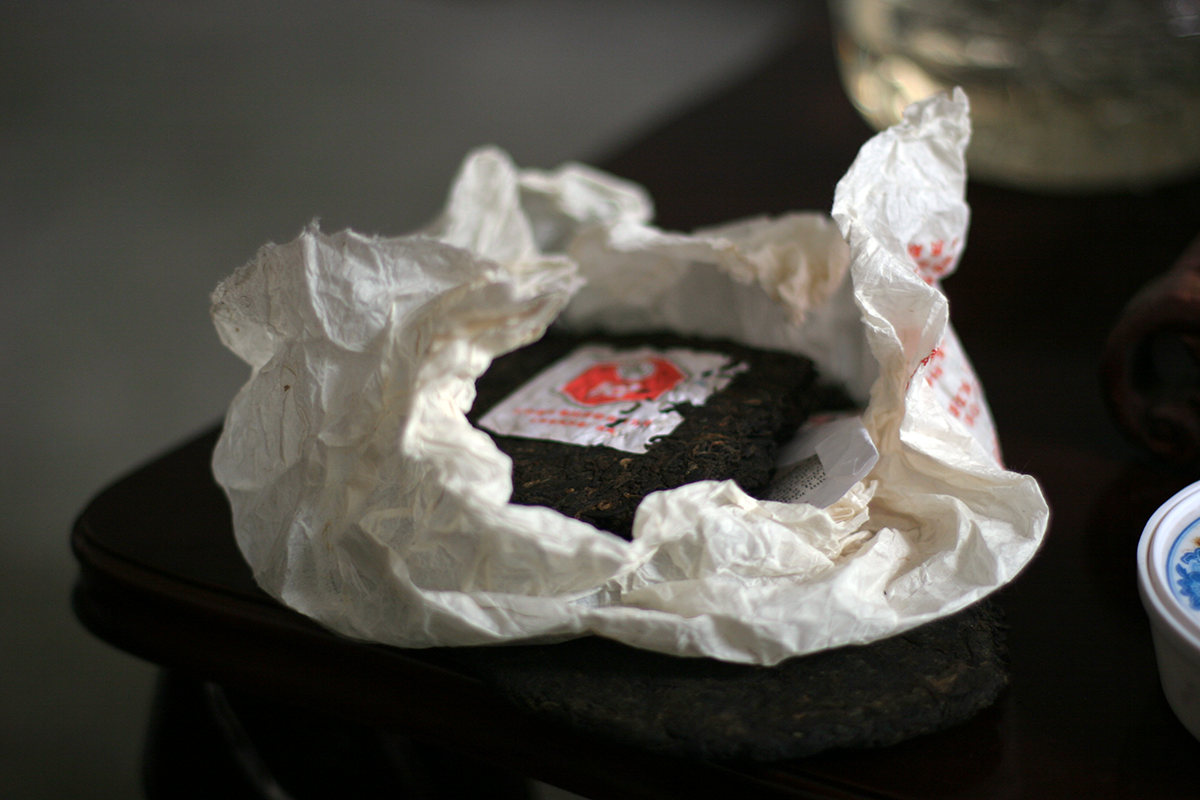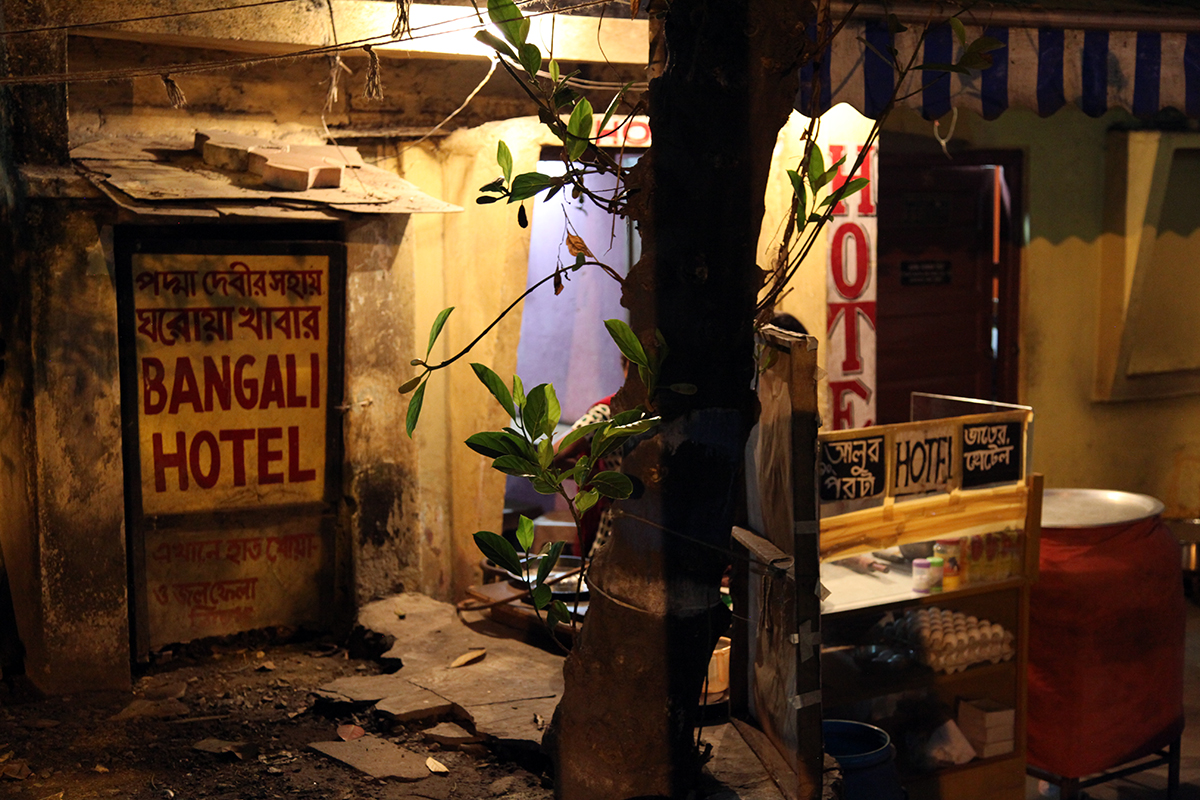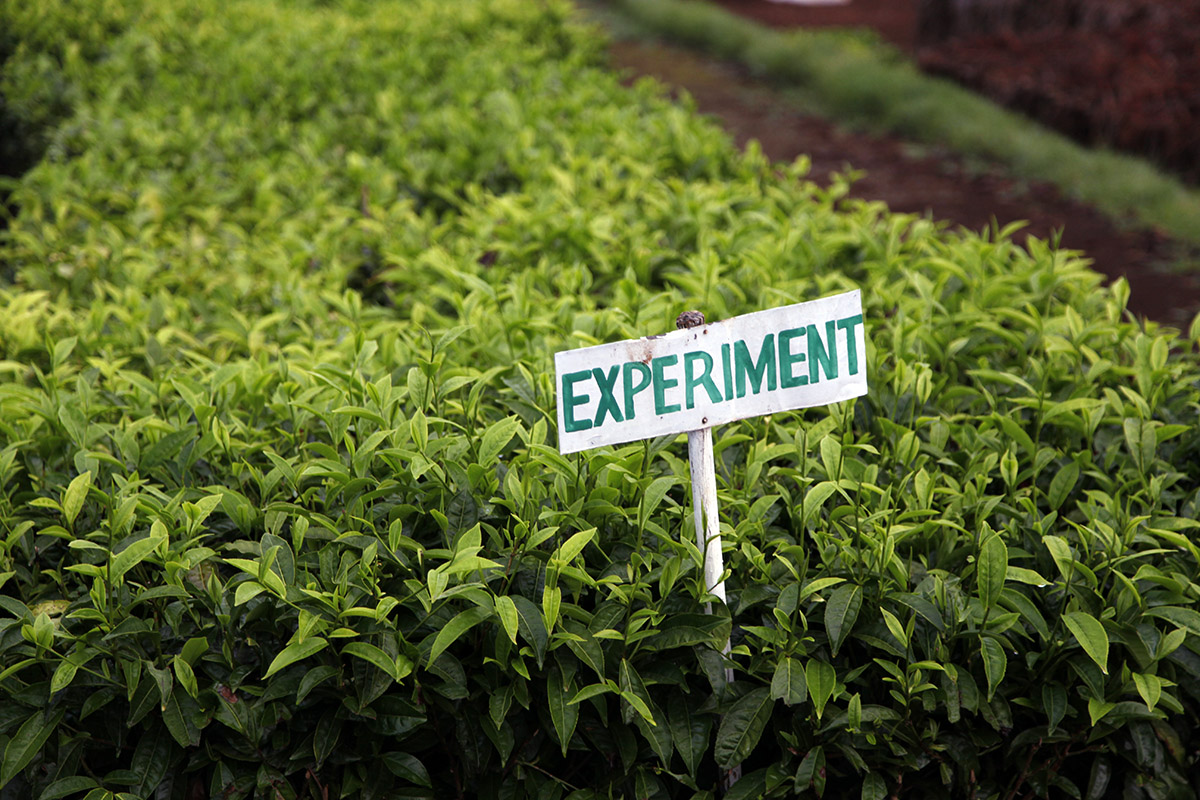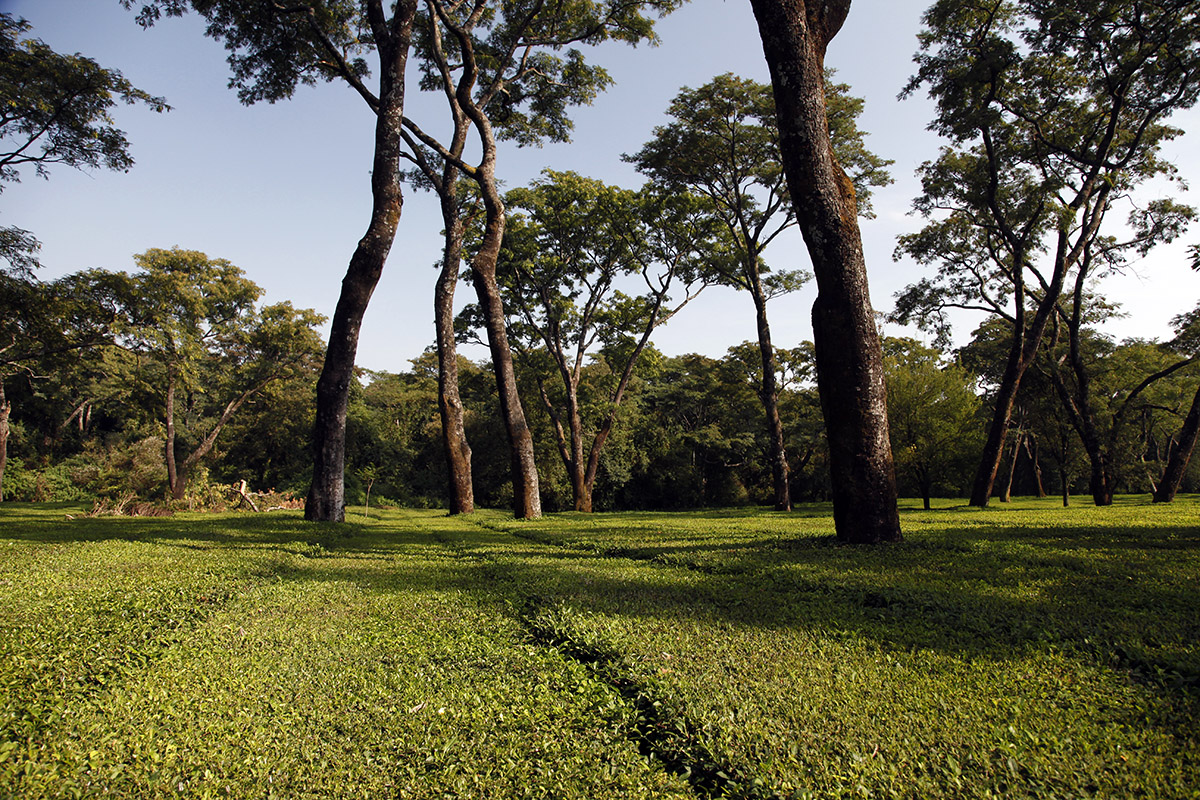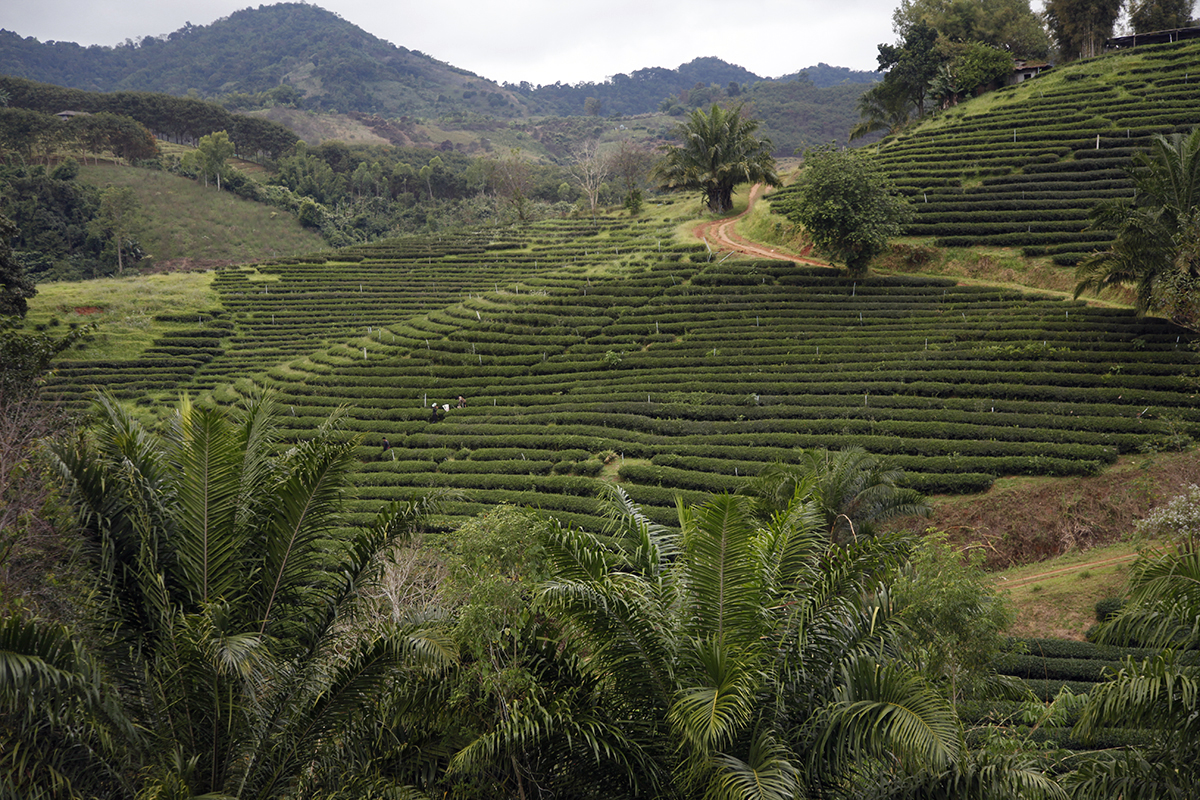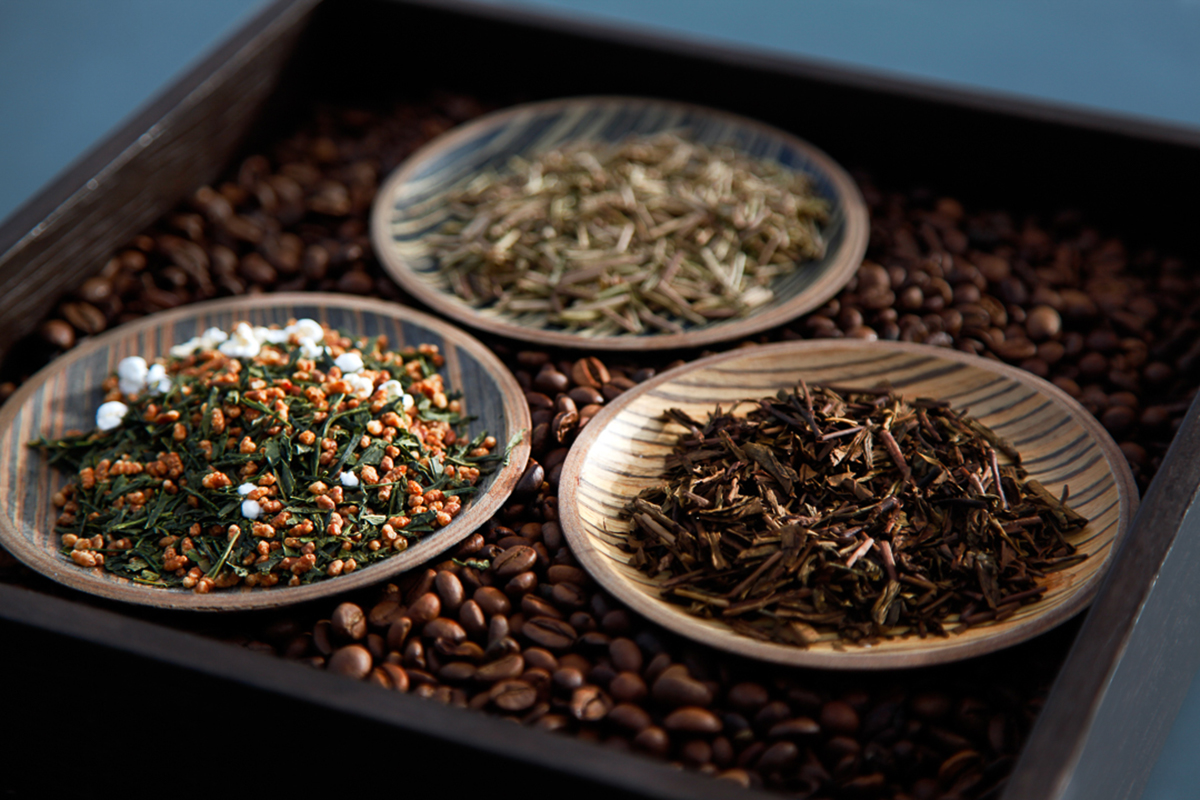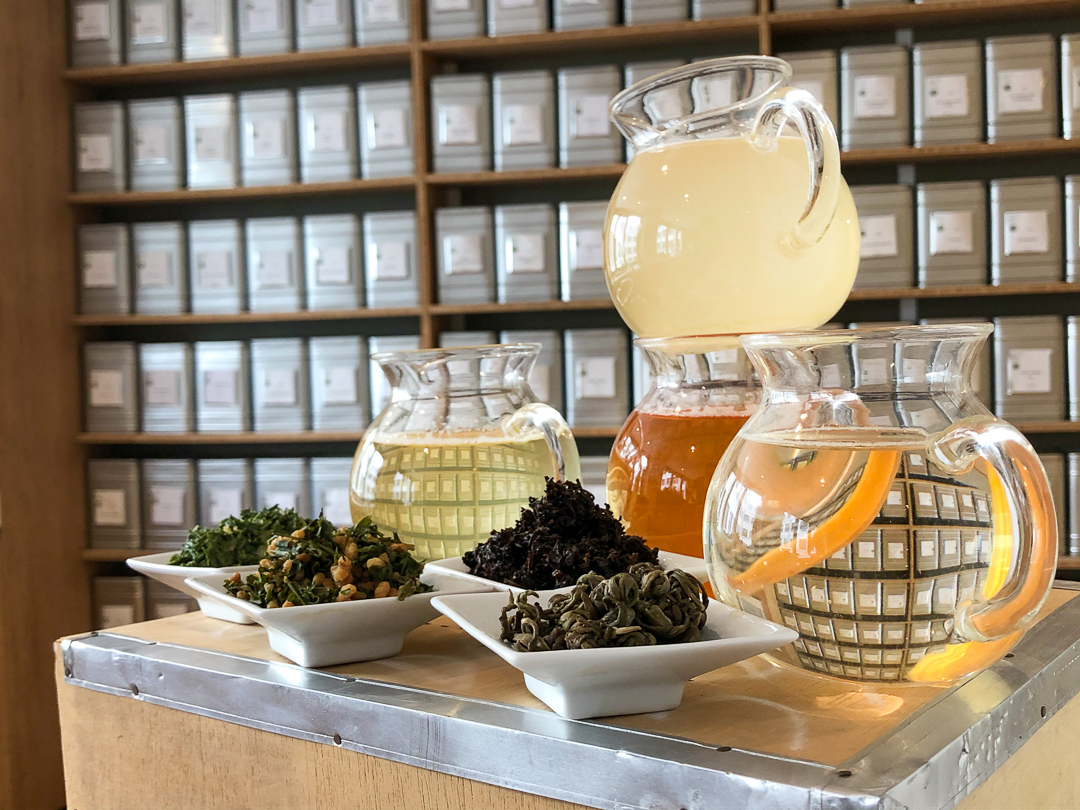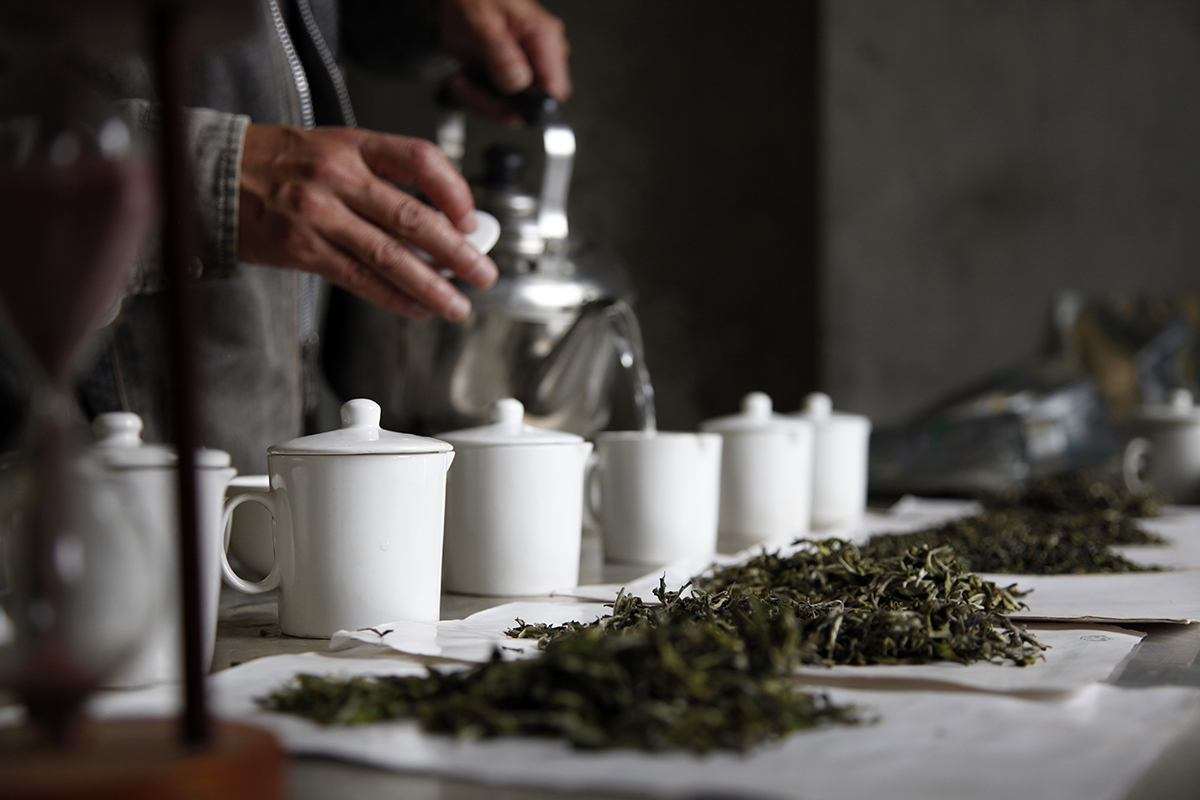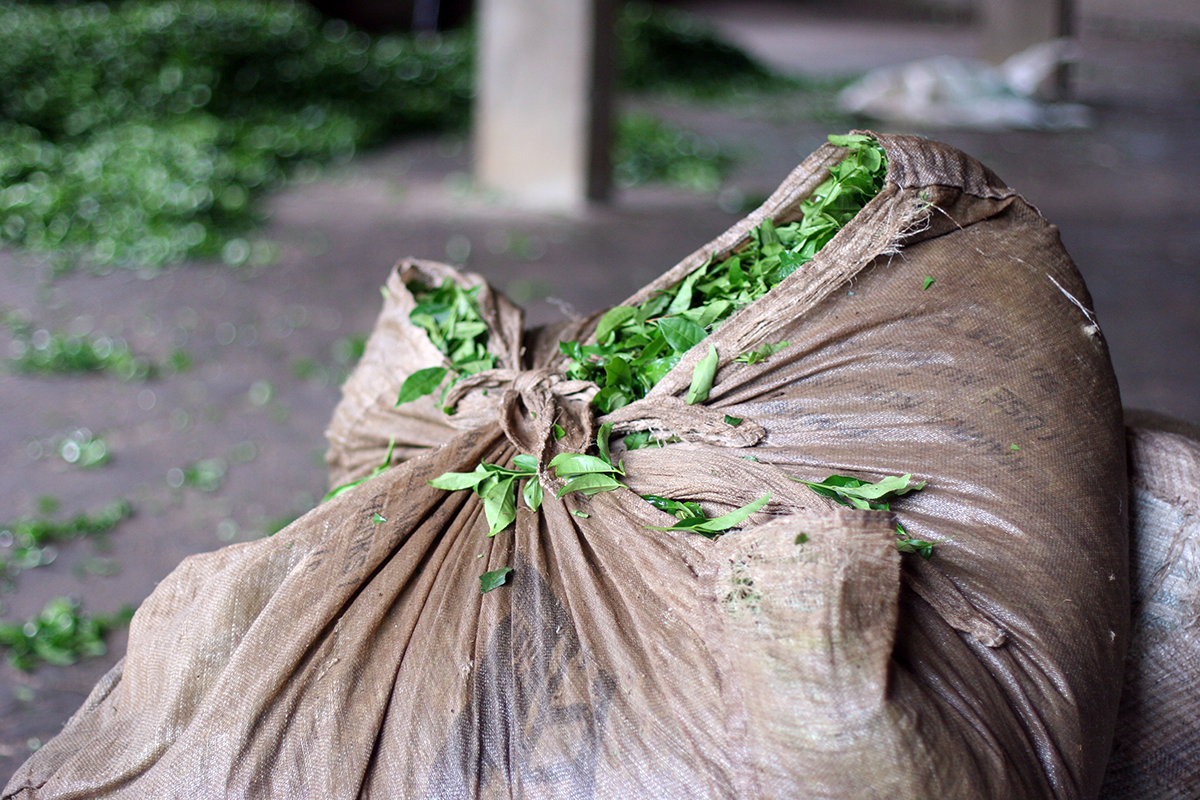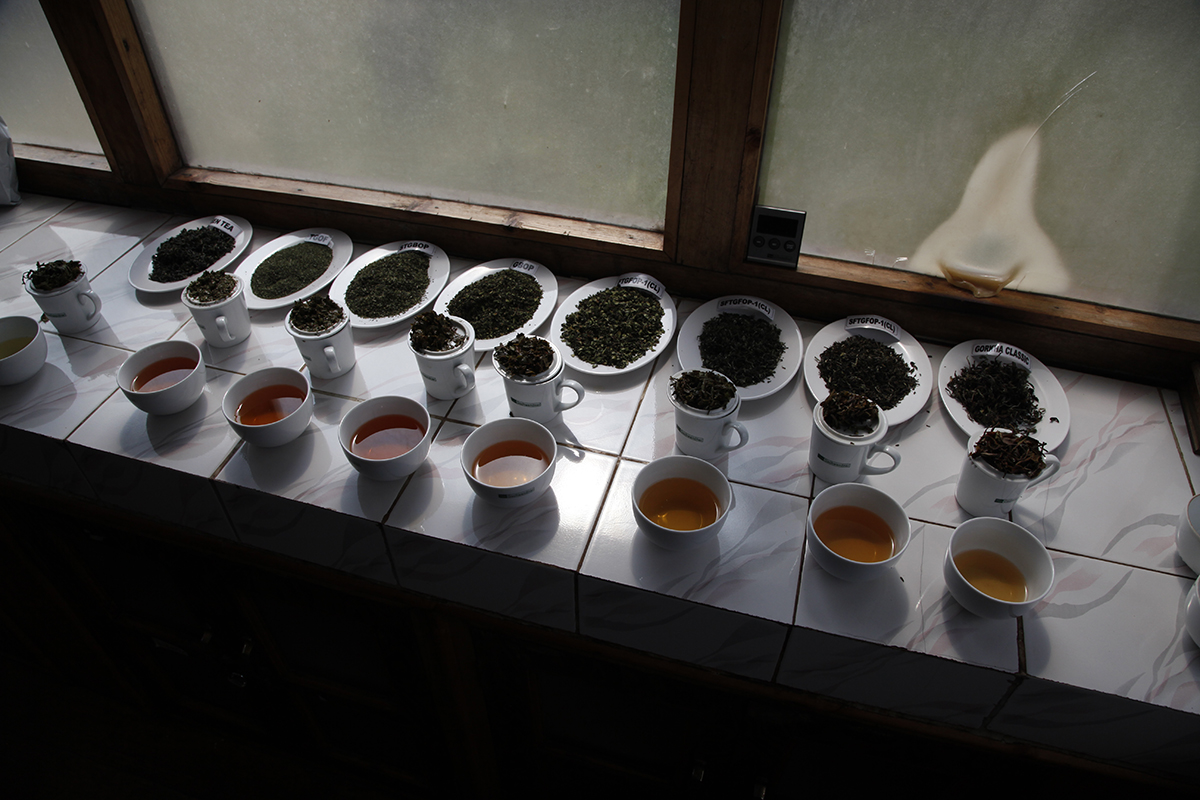During lockdown, it can be easy to let ourselves go a bit. We might exercise less and put on weight. Could this be a good time to turn to tea? According to traditional Chinese medicine, one of the many properties attributed to our beloved Camellia sinensis is fat-burning. This remarkable quality is particularly true of dark teas, called Pu Erhs, with their powerful notes of undergrowth and humus. If you can’t take a walk in the woods, you can at least enjoy all the associated aromas in your cup – alongside those other supposed benefits.
Dilapidated
I chose this photo today not to illustrate the appalling situation hotels are in due to Covid-19 and the lack of tourism, but for the pleasure of taking you to the streets of Kolkata. The city might be dilapidated but I love it. It was built on tea, among other things. Kolkata is a port, and tea companies still have their headquarters there today. The most important auctions in the country are held in the city, and all the teas from Assam, the northern plains and Darjeeling leave India from its quays.
Stronger, more robust tea plants
It’s not just us humans that are attacked by viruses; tea plants are too. For them, it is the job of research centres to find remedies for diseases. Of course, this doesn’t involve vaccines, as it does for humans. It’s about identifying the strongest plants and crossbreeding them to create new stronger, more robust plants.
Kangra Valley
Today I’m taking you to Kangra Valley, which lies between the states of Punjab and Kashmir, in India. The British established tea plantations there in the second half of the 19th century.
In 1905, a terrible earthquake devastated the estates, and our British friends abandoned production, fearing that the earth would open up again. More than a century later, the same plantations are thriving. The tea harvested there has improved significantly over the years, and there has been no major earthquake since.
Travelling in images
Travelling around the world is not one of life’s essentials, even when you have a job like mine. Despite the world health crisis, we’re receiving samples of tea produced on the other side of the world by farmers we know. We taste them straight away in our tasting room and choose the ones we want. In other words, the world of a tea researcher continues on its course even during these times of Covid-19. It’s a strange world though, one that has stopped us from moving around. So, when we grow nostalgic for travel, for those wonderful landscapes, those mountains and changing skies, there is nothing to stop us, after all, from transporting ourselves through the power of the image. Here, we’re in northern Thailand, not far from the Golden Triangle.
What tea should you serve a coffee-drinker?
At some point, I’m sure you’ve asked yourself what tea to serve an obsessive coffee drinker. Some people can’t envisage an alternative to their single-origin pour-over or flat white. From my experience in such situations, I suggest you offer teas with burnt notes (toasted or roasted). These aromas are foregrounded in three famous Japanese teas: Bancha Hojicha, Shiraore Kuki Hojicha and Genmaicha. All three are accessible and easy-drinking thanks to their roasted flavours. They are an ideal bridge between coffee and tea.
A sparkling idea
What does a tea researcher do when he can no longer travel? He spends more time tasting teas, and trying new experiences! For a long time I’ve wanted to try infusing tea in sparkling water, and now I’ve done it. One hour at room temperature; I used Perrier on this occasion. The result was rewarding: a very refreshing and delicious drink, once I’d got over the surprise. Healthy, and with no added sugar. It’s at least as good as any fizzy drinks I’ve tried, and can be kept for 24 hours in the fridge. From left to right: Yuzu Tea, Genmaicha, Chai Imperial and Perles de Jasmin.
Things are hotting up!
We hear a lot about carbon footprints, and when we consider tea, we immediately think of transport, whether by sea or air. Yet when you drink your cup of tea, do you know the biggest factor in its carbon footprint? It is the energy required for heating the water. The use of your kettle has a much greater impact than the transportation of a few leaves that barely weigh anything. So, when you’re preparing your cuppa, if you want to reduce your carbon footprint, make sure you only heat the amount of water you actually need, and switch off the kettle at the required temperature. This is much more efficient than boiling twice as much water, or heating it too much and then leaving it to cool.
Isolation and fermentation
Freshly plucked tea leaves shouldn’t be kept in isolation, or they might start to ferment. As soon as they are harvested they are transported to the factory in bags made from a light, loosely woven material that allows air to circulate. The journey must be as short as possible to prevent the risk of the young shoots undergoing an undesirable change.
To spit or to swallow
When you taste a large number of teas that are particularly tannic and astringent, you have to decide whether to swallow or not. In order to protect their palate, a taster will swill the liquor around in their mouth to analyse it, then spit it out. This allows them to remain neutral when assessing the next sample.

